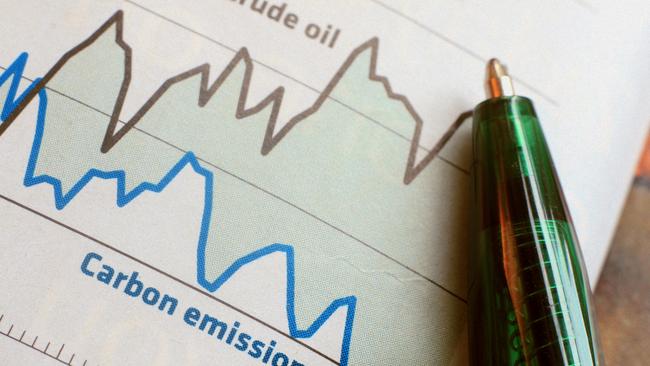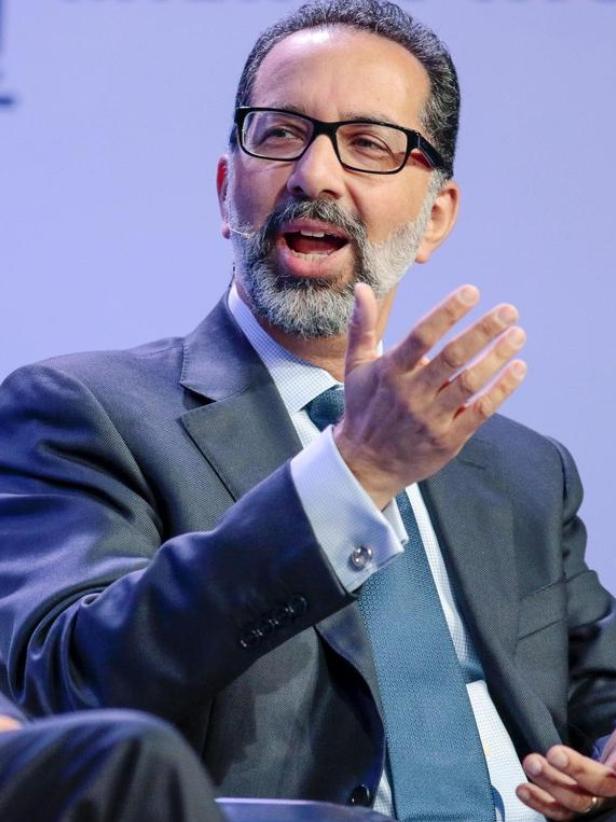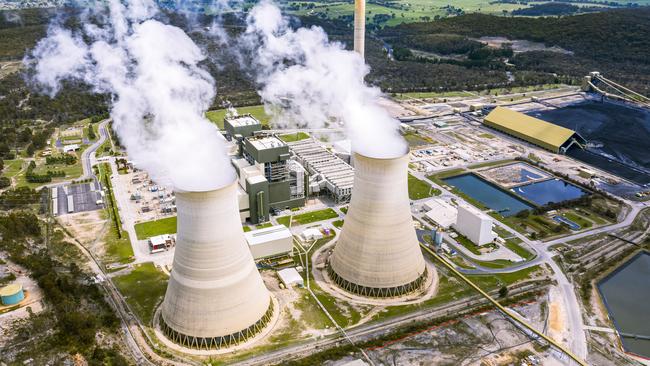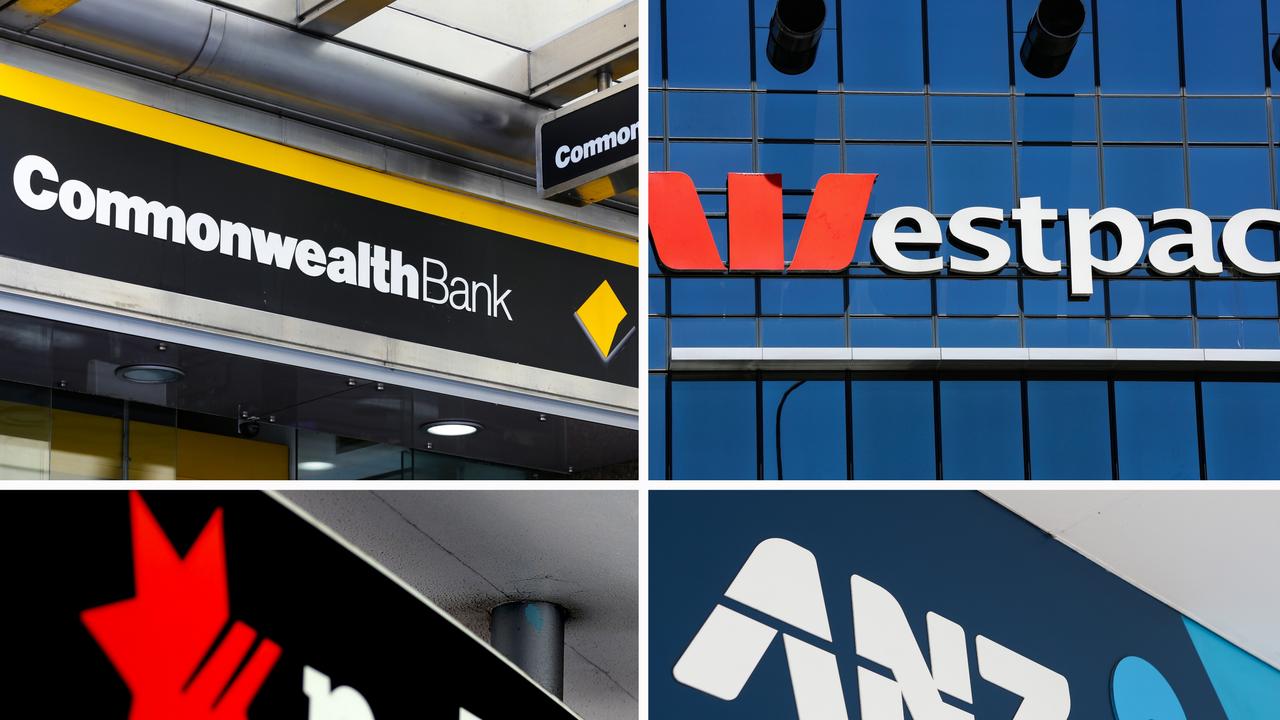Green targets: State Street puts ASX 200 boards on notice
A top global money manager has put Australian companies on notice to come clean on how they intend to hit net zero targets, arguing climate change is a ‘systemic risk’.

One of the world’s biggest money managers has put Australian companies on notice they need to come clean on how they intend to hit net zero targets, arguing that climate change represents a “systemic risk” that has the potential to destroy value.
State Street Global Advisers, which has more than $US4.3 trillion ($6 trillion) deployed in shares around the world, has told Australian boards that it wants to stamp out “brown-spinning” and will work with companies that are sitting on highly polluting assets to help them shift away from these over the long term.
This is intended to ensure companies don’t simply sell the dirty assets to private equity, which reduces disclosure and makes listed companies appear more “green”.
State Street is the single biggest investor in the Australian stockmarket with $271.6bn under management across the ASX 200. While the bulk of its funds are in passive index-based funds, it intends to use the votes that come with these holdings to directly pressure boards.
State Street chief executive Cyrus Taraporevala said time was running out for companies to make the required progress, particularly with many businesses under global pressure to halve emissions by the end of the decade.

The fund manager, which ranks as the fourth biggest in the world, has declared it will this year start using its votes against the boards of climate laggards.
“We have arrived at an important juncture on the journey to net zero,” Mr Taraporevala said in his annual letter to companies the fund giant invests in.
“At a macro level, there remains much progress to be made, and with increasing pressure from governments and regulators to cut emissions in half by the end of the decade, there is less and less time for companies to make the required progress,” he said.
“While more companies are making net-zero commitments, with over one-fifth of the world’s 2000 largest public companies having committed to meet a specific target, few have provided a clear roadmap to achieve these goals,” he said.
The comments substantially ramp up pressure on ASX 200 boards to spell out their detailed pathway to delivering on their promises of net zero carbon emissions.
Index and exchange-traded funds, including those operated by State Street, have been among the fastest-growing parts of the market in recent decades and now have significant investment clout. However, it has only been in recent years that they have been flexing their muscles when it comes to holding companies to account.
Mr Taraporevala said that addressing systemic risks such as climate change was fundamental to the long-term performance of State Street’s investments.
Australian corporates are feeling the heat from climate scrutiny, with a range of institutional investors – such as Climate Action 100+, which is backed by Australian superannuation funds – demanding they lower emissions.

While 60 companies in the ASX200 have adopted a framework disclosing climate risks, there is concern from investors about the range of different approaches, leading to vast inconsistencies.
Most climate disclosures in the Task Force on Climate-Related Financial Disclosure are not being integrated into financial statements and few companies are crunching 1.5 degree Paris target scenarios, suggesting many corporates may be failing to adequately stress-test their businesses for climate change.
The Morrison government has committed Australia to reach net zero by 2050, and to reduce emissions by between 26 to 28 per cent of 2005 levels by the end of this decade, while several Australian state governments have put in place more ambitious 2030 goals, matching similar pledges by Britain, the EU and the US.
Mr Taraporevala suggested companies with clear intentions on climate would have some flexibility in how they intended to reduce their own carbon footprint. For some companies it would be a case of “experimentation and innovation” to hit their net zero target and for many it would be an uncharted journey.
“While the ultimate destination for companies making this transition is clear – to net-zero emissions – the journey there is not always as clear – and rarely uniform,” he said. “While the path ahead may be relatively straightforward for some companies, in general we believe that the transition will be very hard and non-linear for most.”
He also acknowledged the transition was more complex than simply “brown” versus “green” distinctions for companies, adding that some fossil fuels such as natural gas would be needed in the transition to net zero.
But he cautioned against “brown-spinning” – where companies merely offload their high carbon-emitting assets to private players and carbon disclosures about the assets go dark.
“The end result reduces disclosure, shields polluters and allows the publicly traded company to appear more green, without any overall reduction in the level of emissions on the planet,” he said. “As a long-term investor in companies making these commitments, what we are seeking from these transition plans is not purity, but pragmatic clarity around how and why a particular transition plan helps a company make meaningful progress towards the destination.
“It is essential that boards understand their companies’ pathway to net zero, and how they will leverage their unique strengths and opportunities, which in turn will help investors like us support companies on this journey.”
Over the coming year State Street says it expects companies in the major indices in each country to align themselves with climate-related disclosures requested by the Task Force on Climate-Related Financial Disclosure, an industry-led task force established by the Financial Stability Board, a body that counts The Reserve Bank of Australia as a member,
State Street expects disclosures to also cover total direct and indirect greenhouse emissions, which includes Scope 1 emissions produced by the company directly and Scope 2, which covers emissions produced by suppliers, including electricity companies.
Mr Taraporevala warned that State Street would start voting against directors this year if companies failed to meet these baseline disclosure expectations.
“While ambitious climate goals are important, it is supporting company efforts to make meaningful and pragmatic progress toward those goals that will be the focus of our climate work in the years ahead,” he said.
In the letter sent to boards, Mr Taraporevala said his funds would pressure companies to improve their gender mix.
From this year State Street will be voting against top 200 companies that don’t have at least one women director. The fund manager also wants to see those companies have at least 30 per cent women directors from 2023.
Australian boards have been working to lift gender diversity, with woman holding more than more than a third of director roles in ASX 200 companies. There are no boards in the ASX 200 that do not have a female director.




